RELATIONSHIPS
The Importance of Healthy Relationships
We are many things to many different people. As friends, we provide support. As romantic partners, we provide love and acceptance. And as parents, we provide guidance and safety. Maintaining stable relationships require us to put in an a level of effort that, at times, can be complicated to navigate effectively. Sometimes the support we give is disproportionate to what's reciprocated making us feel unloved. Other times we're emotionally unavailable for those who depend on us making us feel guilt and shame. While challenges are normal in most relationships, prolonged periods of strain that is unaddressed creates rifts that can be insurmountable. However, maintaining healthy relationships is essential to our overall well-being. By surrounding ourselves with positive, healthy relationships, we cultivate a number of essential benefits such as:
- Healthier living.
- Improving stress management.
- Increasing self-esteem and a sense of fulfilment.
- Facilitating personal growth and prosperity.
- Imbuing our lives with meaning.
- Healing from emotional trauma.
Seeking Acceptance and Belonging
Relationships play a critical role in helping us define who we are, how we relate, and where we derive our values. However, sometimes we may find ourselves in a place in life where connecting with others just isn’t happening. If you’ve ever been in a social situation where you don’t “fit in,” you know just how awkward and desperate you can begin to feel. Sometimes this can feel like a no-win situation. If you’re seeking acceptance, you may change yourself in order to achieve a sense of belonging. If you aren’t willing to adapt in order to gain acceptance, then you risk loneliness and isolation.
And, on a personal level, this can begin to take an emotional toll. We may find ourselves asking “what’s wrong with me?” Repeated rejections can affect our sense of worth and lead to relating to others from a very guarded place. When this becomes our default state, we’re compromising our ability to develop healthy relationships and cultivate a strong support network. When we lose sight of our ability to discern rejection on a personal level from common situational factors, we’re likely to assume that it’s always because of our own personal shortcomings.
Vulnerability and FeaR
To truly be healthy in our relationships, it requires us to master a concept that’s both challenging and terrifying: vulnerability. Whether we’re addressing relationships with our friends, our family, or our partners; vulnerability is a critical component to achieving intimacy. People who struggle with healthy relationships often struggle to be accepting of themselves. Sometimes we carry too much shame to feel like we are truly deserving of the love and acceptance we seek out in our relationships with others. When we don't resolve deep-rooted feelings of shame, we're obscuring our ability to manage our fears of being unloved and left alone.
Fear is a powerful feeling that can profoundly impact how we relate to others. We may avoid being authentic in our interactions because we fear creating conflict, being rejected, or being abandoned. This often ends up sabotaging our relationships, thereby making our fears come true. If you've struggled with developing intimacy and closeness with others, then it is likely that, deep down, you're struggling with some unresolved fears.
How can counseling help me address relationships in my life?
Being in a relationship because we’re afraid to be alone only ensures that we’ll spend time feeling lonely. Changing who we are to gain acceptance from others only ensures that we depend on others to feel acceptance. And isolating ourselves out of fear of rejection only perpetuates the belief that we are fundamentally rejected as people. Having healthy relationships with others means having a healthy relationship with ourselves. We have nothing to give others if our cup is always empty. My role is to help you understand your complexities and to fully embrace who you are, despite any perceived shortcomings. Through counseling, you'll develop the clarity, self-acceptance, and confidence to know how to invest your time building healthier relationships.



